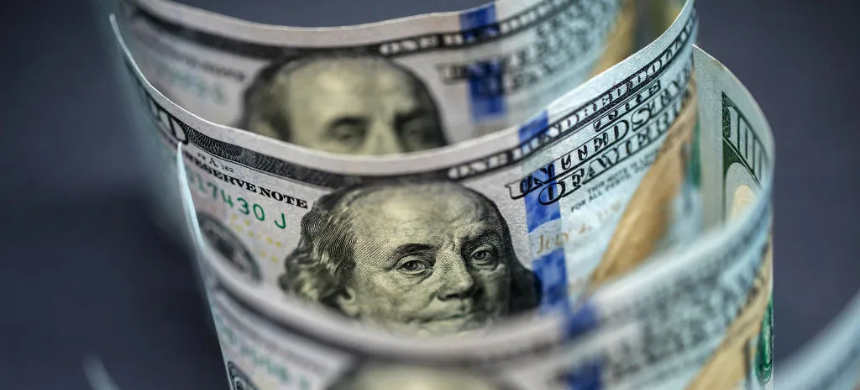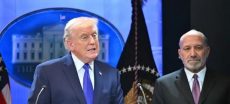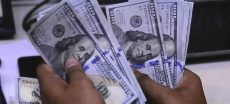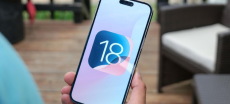TikTok is urgently seeking to prevent a nationwide ban that would take effect just before Donald Trump assumes office in January. On Monday, the platform filed an emergency motion for a temporary injunction against a U.S. law requiring its parent company, ByteDance, to divest TikTok by January 19, citing national security concerns. Failure to comply would result in a ban.
Key Arguments by TikTok:
- Constitutional Challenge: TikTok plans to appeal to the Supreme Court, arguing that the law violates the First Amendment. The company is requesting a delay in enforcement to allow sufficient time for a constitutional review.
- Economic Impact: TikTok warned that a one-month ban could lead to significant losses:
- Small businesses: Over $1 billion in lost revenue.
- Creators: $300 million in lost earnings.
- TikTok: A reduction of nearly 29% in advertising revenue.
- National Security Concerns: TikTok contends that an injunction would protect its users without posing an immediate threat to national security, as the government itself set a 270-day enforcement deadline.
- Potential Mootness: TikTok noted that Donald Trump could reverse the ban, as hinted during his campaign, making legal proceedings unnecessary.
Read More: Pakistan’s internet shutdowns result in business losses exceeding Rs. 1.3 billion
Filing Details:
TikTok emphasized that its 170 million American users, including small businesses and creators, would suffer severe harm if the ban were enforced. The platform also highlighted that the Supreme Court would face a tight timeline to resolve the matter, especially during the holiday season.
Government’s Stance:
The U.S. Justice Department opposes TikTok’s motion, asserting that its constitutional claims have already been dismissed. It urged the court to deny the injunction quickly, ensuring sufficient time for the Supreme Court to consider the case. The government has agreed to respond by Wednesday, and TikTok is seeking a decision by December 16. If denied, the platform intends to seek emergency relief directly from the Supreme Court.
Broader Implications:
TikTok warned that a U.S. ban could disrupt service for millions of users worldwide, potentially leading to a permanent loss of its audience, even if the ban were later overturned. An injunction would provide temporary relief, but the company acknowledged that its ultimate survival might depend on Trump’s potential decision to halt enforcement of the law.
TikTok stressed that resolving the issue in court only to see it reversed by the incoming administration would be counterproductive. The case represents a high-stakes battle, not just for TikTok’s U.S. operations but for its global presence as well.











